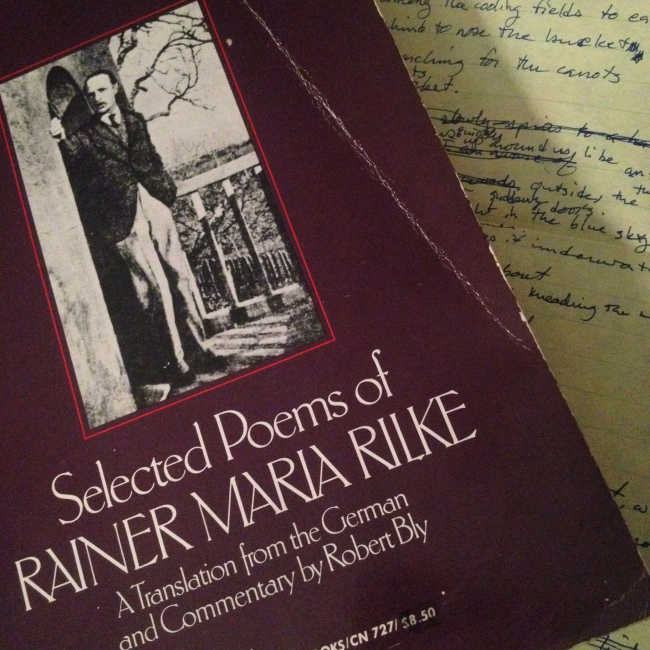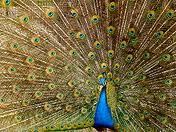We’re winding down National Poetry Month, yet I still have so many poems I want to share with you. Alas!
Sandra Beasley and I have near-missed each other innumerable times; she left UVA as I came, I left Ole Miss as she arrived, etc., etc., etc., ad infinitum. I enjoy her work and our mutual friends are convinced we’d get along, but so far, no dice. Anyway, please enjoy this funny and smart poem she composed.
Let Me Count the Waves
by Sandra Beasley
We must not look for poetry in poems.
—Donald Revell
You must not skirt the issue wearing skirts.
You must not duck the bullet using ducks.
You must not face the music with your face.
Headbutting, don’t use your head. Or your butt.
You must not use a house to build a home,
and never look for poetry in poems.
In fact, inject giraffes into your poems.
Let loose the circus monkeys in their skirts.
Explain the nest of wood is not a home
at all, but a blind for shooting wild ducks.
Grab the shotgun by its metrical butt;
aim at your Muse’s quacking, Pringled face.
It’s good we’re talking like this, face to face.
There should be more headbutting over poems.
Citing an 80s brand has its cost but
honors the teenage me, always in skirts,
showing my sister how to Be the Duck
with a potato-chip beak. Take me home,
Mr. Revell. Or make yourself at home
in my postbellum, Reconstruction face—
my gray eyes, my rebel ears, all my ducks
in the row of a defeated mouth. Poems
were once civil. But war has torn my skirts
off at the first ruffle, baring my butt
or as termed in verse, my luminous butt.
Whitman once made a hospital his home.
Emily built a prison of her skirts.
Tigers roamed the sad veldt of Stevens’s face.
That was the old landscape. All the new poems
map the two dimensions of cartoon ducks.
We’re young and green. We’re braces of mallards,
not barrels of fish. Shoot if you must but
Donald, we’re with you. Trying to save poems,
we settle and frame their ramshackle homes.
What is form? Turning art to artifice,
trading pelts for a more durable skirt.
Even urban ducklings deserve a home.
Make way. In the modern: Make way, Buttface.
A poem is coming through, lifting her skirt.

